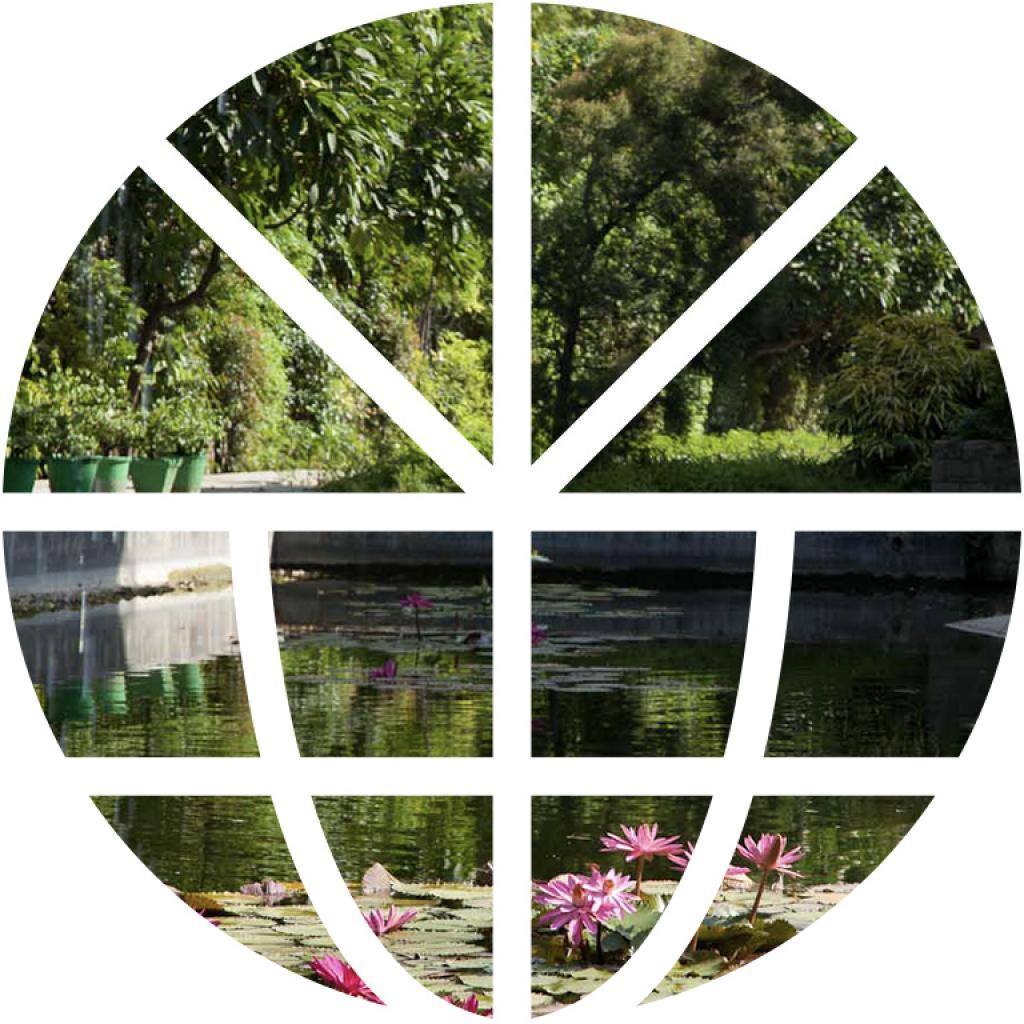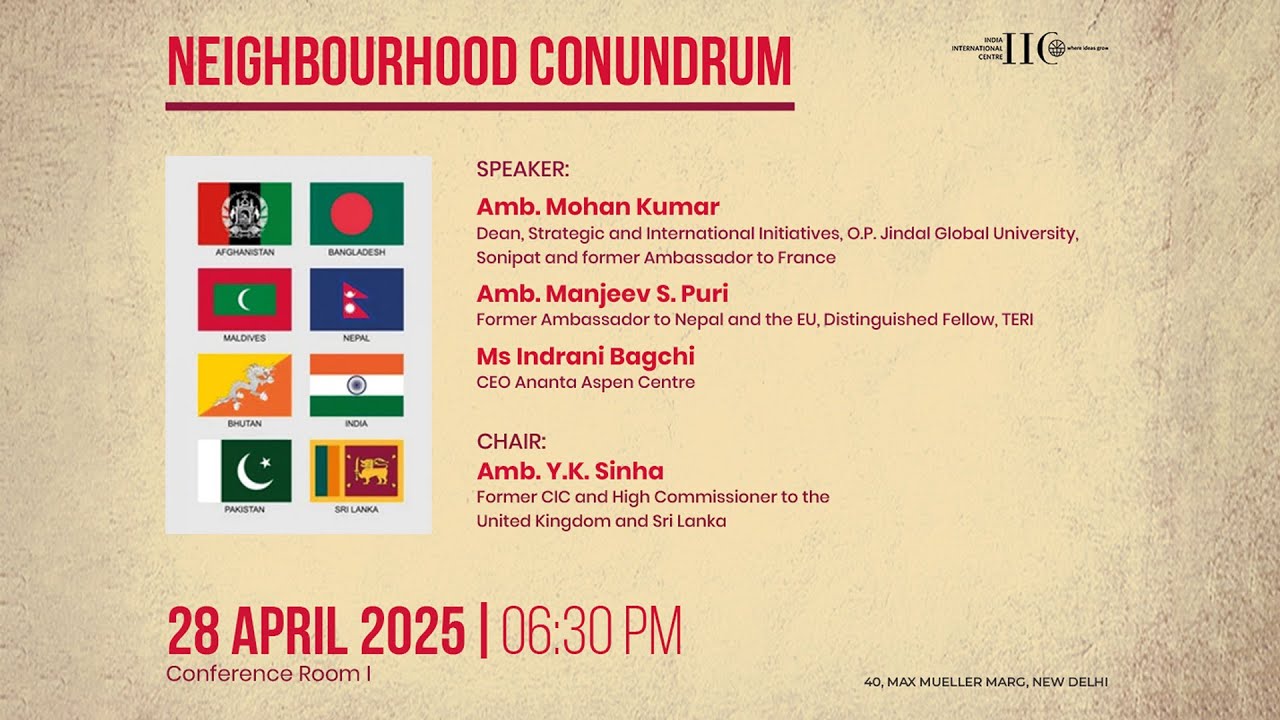Conceptualised and Curated by Anisha Shekhar Mukherji
Learning from Jaisalmer
A talk by Professor Vinod Gupta: architect, designer and teacher, founder member of Gubbi Alliance for Sustainable Habitat, and founder member of GRIHA Council, Fellow of the Indian Institute of Architects, member of the Institute of Indian Interior Designers, Indian Society of Ergonomics. Professor Gupta has taught at SPA Delhi and Sushant School of Art and Architecture. As partner in Space Design Consultants (SDC) and as CEO of Opus Indigo Designs Pvt. Ltd., he works on environment friendly architecture, interior design, furniture design, and sustainable planning. Jaisalmer was the subject of his PhD research at IIT Delhi on building physics completed in 1984. The talk, Learning from Jaisalmer will present his work on aspects of cities in the desert, and alternatives to the wholly unsuitable Western models that have replaced traditional Indian tools and methods of working and learning.
The talk will be followed by a dialogue with Snehanshu Mukherjee, architect, educator and writer, Adjunct Professor, Indian Institute of Art & Design, New Delhi. Snehanshu is one of Professor Gupta's former students at SPA and was part of the research students group on Professor Gupta's Jaisalmer field trip.
Moderator: Anisha Shekhar Mukherji, Conservation Architect, Author and Visiting Faculty at S.P.A. Delhi.








